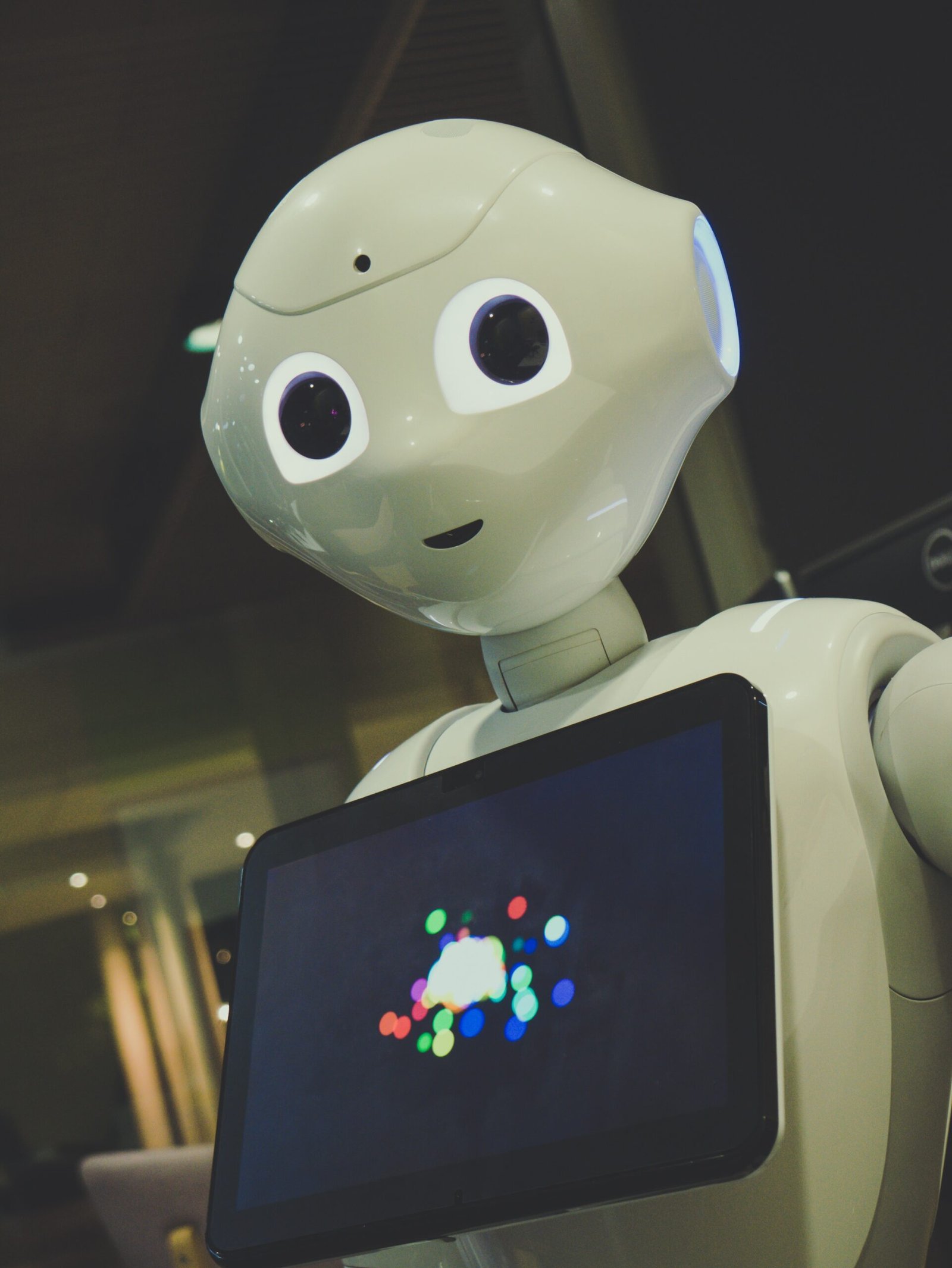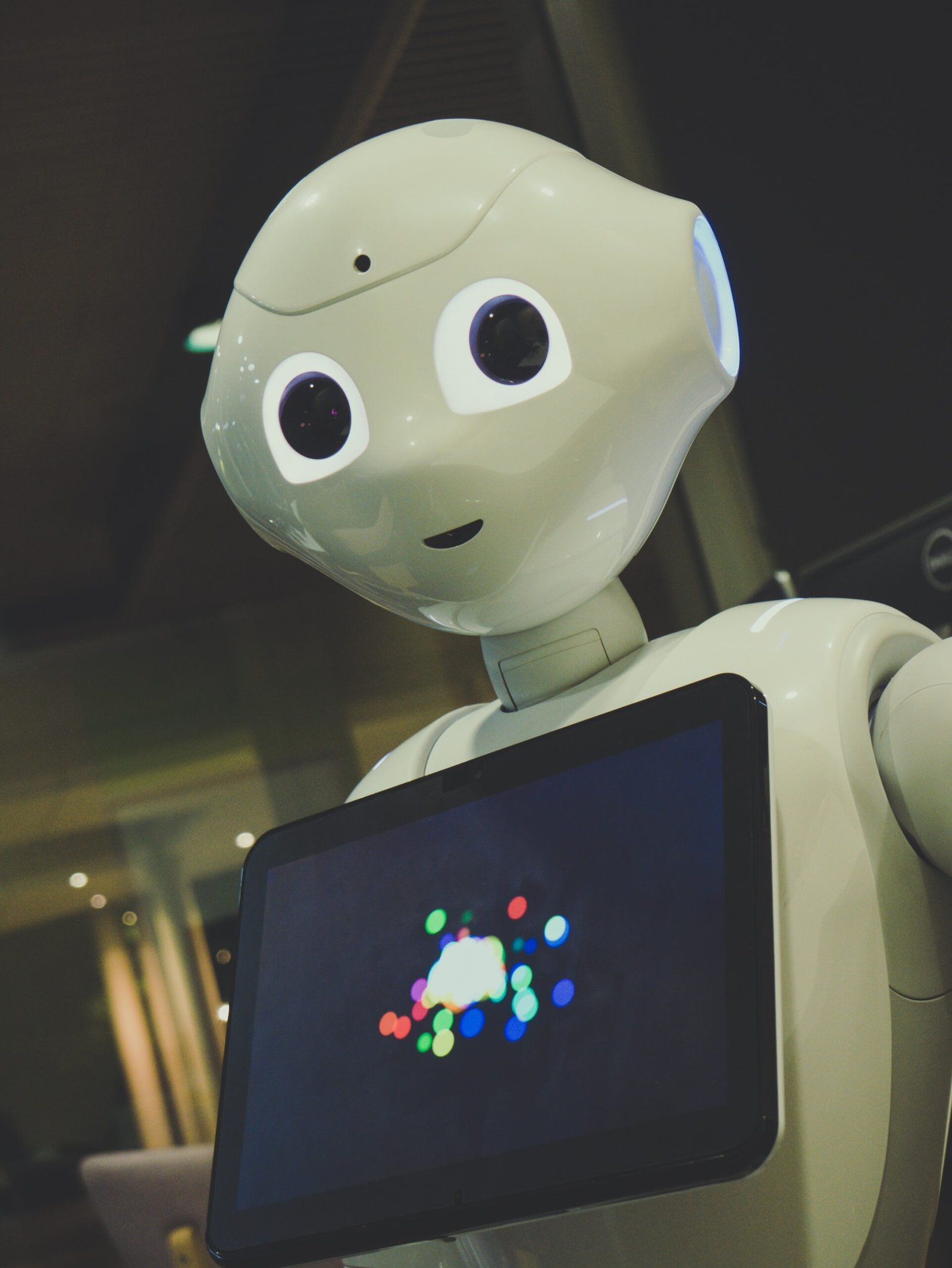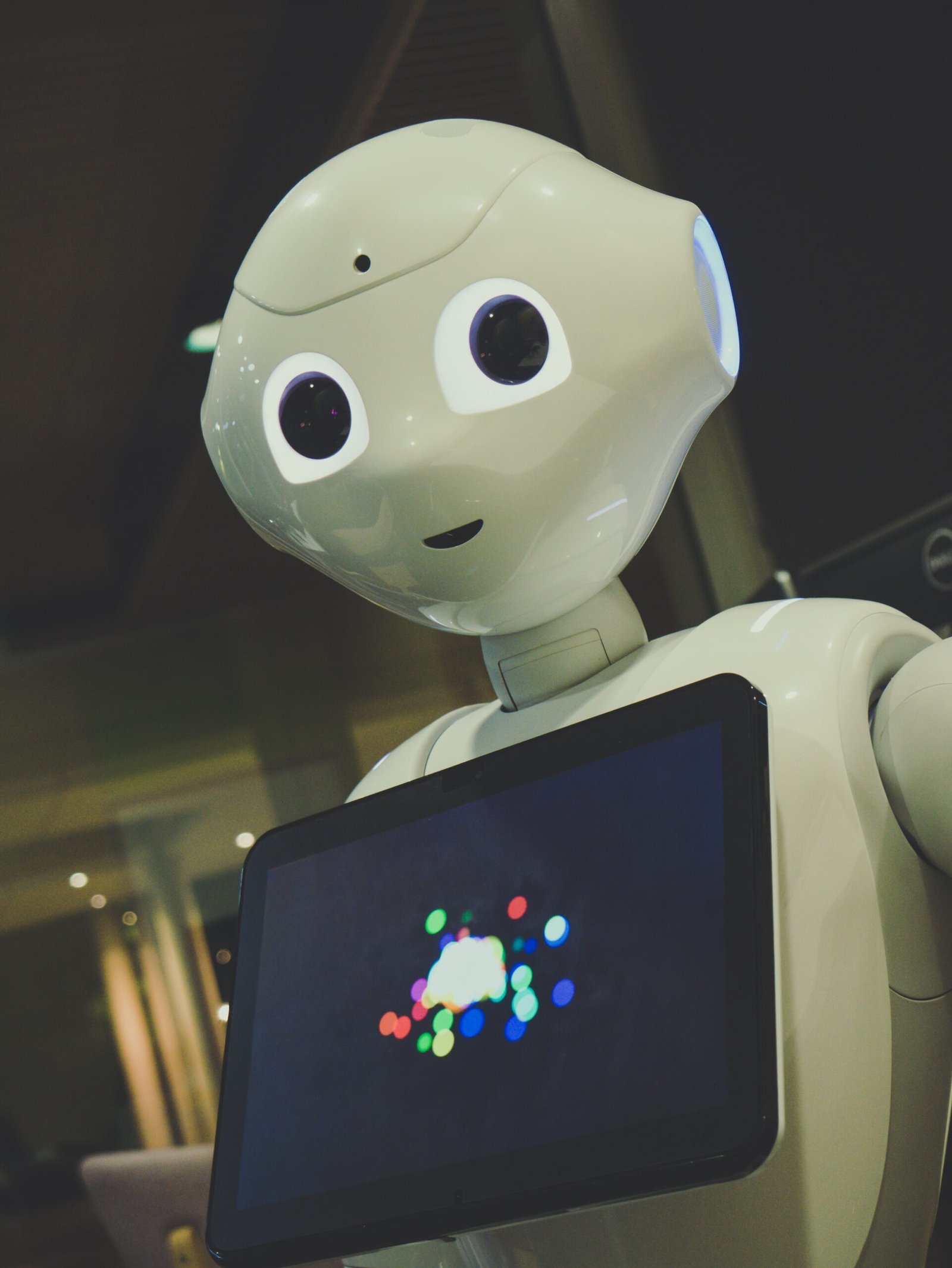The Evolution of Artificial Intelligence in Healthcare: Top 10 Ways it is Revolutionizing the Industry
Artificial Intelligence (AI) has rapidly transformed various industries, and healthcare is no exception. With its ability to process vast amounts of data, AI is revolutionizing the way healthcare professionals diagnose, treat, and manage diseases. In this blog post, we will explore the top 10 ways AI is transforming healthcare and improving patient outcomes.
1. Early Disease Detection
One of the most significant contributions of AI in healthcare is its ability to detect diseases at an early stage. By analyzing patient data, AI algorithms can identify patterns and indicators that may go unnoticed by human physicians. For example, AI-powered algorithms can analyze medical images, such as X-rays or MRIs, to detect early signs of cancer or other abnormalities.
Example: AI algorithms can analyze retinal scans to detect early signs of diabetic retinopathy, allowing for timely intervention and prevention of vision loss.
2. Personalized Treatment Plans
AI algorithms can analyze large amounts of patient data, including medical history, genetic information, and lifestyle factors, to develop personalized treatment plans. By considering individual variations, AI can optimize treatment outcomes and minimize adverse effects.
Example: AI-powered systems can analyze genetic data to identify specific gene mutations that may influence a patient’s response to certain medications, enabling physicians to prescribe the most effective treatment.
3. Virtual Assistants and Chatbots
AI-powered virtual assistants and chatbots are transforming patient interactions. These intelligent systems can provide patients with immediate access to medical information, answer common health-related questions, and even assist in diagnosing minor ailments.
Example: Chatbots can help patients assess their symptoms and provide recommendations for self-care or prompt them to seek medical attention when necessary.
4. Predictive Analytics
AI algorithms can analyze vast amounts of patient data to predict disease progression, identify high-risk patients, and optimize resource allocation. By leveraging predictive analytics, healthcare providers can intervene early, preventing complications and improving patient outcomes.
Example: AI algorithms can analyze electronic health records and patient data to predict the likelihood of readmission within 30 days, allowing healthcare providers to implement appropriate interventions.
5. Robotic Surgery
AI-powered robots are revolutionizing surgical procedures. With their precision and dexterity, these robots can assist surgeons during complex surgeries, enhancing surgical outcomes and reducing the risk of human error.
Example: The da Vinci Surgical System uses AI and robotic technology to assist surgeons in performing minimally invasive surgeries with enhanced precision and control.
6. Drug Discovery and Development
AI is accelerating the drug discovery and development process. By analyzing vast amounts of scientific literature, clinical trials data, and genetic information, AI algorithms can identify potential drug candidates and predict their efficacy.
Example: AI algorithms can analyze molecular structures to identify potential drug targets and simulate their interactions with various compounds, expediting the drug discovery process.
7. Remote Patient Monitoring
AI-powered devices and wearable technologies enable remote patient monitoring, allowing healthcare providers to track patients’ vital signs, medication adherence, and overall health remotely. This technology improves patient convenience and enables early intervention when necessary.
Example: AI-powered wearable devices can continuously monitor heart rate, blood pressure, and other vital signs, alerting healthcare providers to any abnormalities.
8. Efficient Healthcare Operations
AI algorithms can optimize healthcare operations by automating administrative tasks, streamlining workflows, and reducing errors. This allows healthcare professionals to focus more on patient care.
Example: AI-powered systems can automatically schedule appointments, manage electronic health records, and assist in billing and coding processes, reducing administrative burden.
9. Mental Health Support
AI-powered chatbots and virtual assistants are providing support for mental health conditions. These intelligent systems can offer personalized therapy, monitor mood changes, and provide coping strategies.
Example: Chatbots can engage in conversations with individuals experiencing mental health challenges, providing empathy, guidance, and resources.
10. Enhanced Precision Medicine
AI algorithms enable precision medicine by analyzing large datasets and identifying biomarkers that can guide targeted therapies. This approach allows for more accurate diagnosis, prognosis, and treatment selection.
Example: AI algorithms can analyze genomic data to identify specific mutations that may influence a patient’s response to targeted cancer therapies, improving treatment outcomes.
FAQ
-
How secure is patient data when using AI in healthcare?
AI in healthcare requires robust security measures to protect patient data. Healthcare organizations must comply with strict privacy regulations, such as HIPAA, to ensure data confidentiality.
-
Can AI replace human healthcare professionals?
No, AI cannot replace human healthcare professionals. AI is designed to assist and augment healthcare professionals, improving efficiency and accuracy.
-
Are there any ethical concerns with AI in healthcare?
AI in healthcare raises ethical concerns, such as data privacy, transparency of algorithms, and potential bias. It is crucial to address these concerns to ensure responsible and equitable use of AI.
-
How can AI improve patient outcomes?
AI can improve patient outcomes by enabling early disease detection, personalized treatment plans, and optimized resource allocation. It also enhances precision medicine and supports remote patient monitoring.
-
What challenges does AI in healthcare face?
Challenges in AI healthcare implementation include data quality and interoperability, regulatory hurdles, and ensuring trust and acceptance among healthcare professionals and patients.
-
Is AI in healthcare expensive?
Implementing AI in healthcare may involve initial costs, but it has the potential to reduce long-term healthcare expenses through improved efficiency, early intervention, and better patient outcomes.
-
Can AI assist in diagnosing rare diseases?
Yes, AI algorithms can analyze vast amounts of medical literature and patient data to assist in diagnosing rare diseases, improving diagnostic accuracy and reducing diagnostic delays.
-
What role does AI play in telemedicine?
AI plays a crucial role in telemedicine by enabling remote patient monitoring, virtual consultations, and assisting in diagnosing minor ailments without the need for in-person visits.
-
How can AI improve healthcare accessibility?
AI can improve healthcare accessibility by enabling remote patient monitoring, providing virtual consultations, and assisting in diagnosing minor ailments, especially in underserved areas.
-
What is the future of AI in healthcare?
The future of AI in healthcare is promising. Advancements in AI technology, coupled with increasing data availability and improved algorithms, will continue to drive innovation and transform the healthcare industry.
Tips for Embracing AI in Healthcare
- Stay updated with the latest AI advancements in healthcare through industry publications and conferences.
- Collaborate with AI experts and healthcare professionals to implement AI solutions effectively.
- Ensure proper training and education for healthcare professionals to leverage AI technologies.
- Address ethical and privacy concerns by implementing robust security measures and transparent algorithms.
- Continuously evaluate and refine AI systems to ensure accuracy, effectiveness, and patient safety.
Conclusion
The evolution of artificial intelligence in healthcare is transforming the industry, improving patient outcomes, and revolutionizing the way healthcare is delivered. From early disease detection to personalized treatment plans, AI is enabling healthcare professionals to provide more precise, efficient, and accessible care. By embracing AI and addressing its challenges, the healthcare industry can unlock the full potential of this transformative technology.
Are you ready to embrace the future of healthcare with AI?
Call to Action: Contact us today to learn how our AI-powered solutions can revolutionize your healthcare practice.









